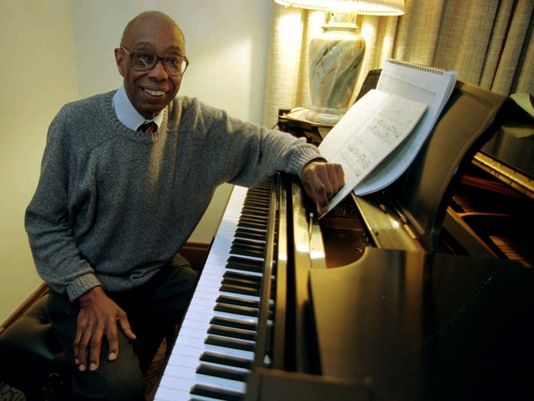Some might say this is unsingable.
It’s a complex, twentieth-century modern, sometimes atonal piece of music, and to the average congregant trying to sing for the first time, makes no sense and might make people run out the doors, never to come back.
That’s because this isn’t a song for congregational singing.
You see, what we forget about the hymnal is that it’s not just a sing-along book, it is a collection of the music that informs, inspires, and imagines our Living Tradition. These are the songs and readings that, in 1993, anyway, were deemed most important to our heritage, our theologies, and our movement forward. That’s why there are songs from the time of slavery, and songs from non-western cultures, and songs like this one.
In time of silver rain the earth puts forth new life again,
green grasses grow and flowers lift their heads,
and over all the plain the wonder spreads of life, of life, of life!In time of silver rain the butterflies lift silken wings,
and trees put forth new leaves to sing in joy beneath the sky
in time of silver rain, when spring and life are new.
Now if I had just read the lyrics, I’d say “meh” to them – they, like many that have gone before (and many that will come after), don’t really go anywhere. They describe a state of mind and a state of the earth’s cycle – namely, early spring.
But that’s only half the story here. This is a poem by notable 20th century poet Langston Hughes, set to music by one of the most prolific 20th century composers, George Walker. Hughes is famous in our circles for sure, an easy addition to any service thanks to his powerful words and jazz-like lyric. Walker is sadly much less well known – a Black composer of Jamaican descent, Walker (who is still alive at age 94) wrote concertos, symphonies, cantatas, and choral works and won a Pulitzer for Lilacs. Walker has had a long and prolific career that rivals his more famous white contemporaries like Copland, Britten, Cage, Shostakovich, Barber.
It’s too bad he’s not better known – while this kind of 20th century modern classical isn’t my cup of tea, it’s important that we lift up and celebrate artists like Walker, and examine our places of privilege that make discovering a composer like this an uncomfortable revelation in our journey toward justice.
Which is, I’d say, precisely why this song is in this hymnal.
It is not meant to be sung by a congregation – an important note that makes the need for a hymnal companion all the more necessary. It is meant to be sung for a congregation, to celebrate the richness of creativity and meaning and expand the boundaries of our tiny experiences.

